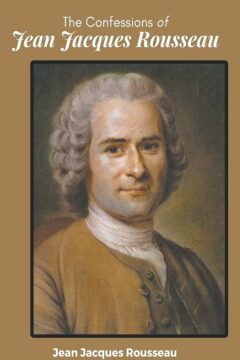Tim Adams in The Guardian:
 He begins with Rousseau, and in particular his 1755 Discourse on Inequality, the Swiss philosopher’s entry to an essay competition run by the Academy of Dijon – a sort of Enlightenment France Has Got Talent – that addressed how we ended up in a world in which “an imbecile should lead a wise man, and a handful of people should gorge themselves on superfluities while the hungry multitude goes in want of necessities”. Briskly examining Jean-Jacques’s rewind into human prehistory to explain this state of affairs, Runciman is able to collapse certain myths, not least that persistent idea that Rousseau was the “friendly” and “natural” philosopher, the first hippy, the consummate rewilder, by reminding the reader that so indifferent was he to the “artificial” and “constraining” bonds of society, that he put all his five children into a foundling home, dramatising his belief that even family ties were a “sham”, and that the individual and his relationship with nature was all that counted.
He begins with Rousseau, and in particular his 1755 Discourse on Inequality, the Swiss philosopher’s entry to an essay competition run by the Academy of Dijon – a sort of Enlightenment France Has Got Talent – that addressed how we ended up in a world in which “an imbecile should lead a wise man, and a handful of people should gorge themselves on superfluities while the hungry multitude goes in want of necessities”. Briskly examining Jean-Jacques’s rewind into human prehistory to explain this state of affairs, Runciman is able to collapse certain myths, not least that persistent idea that Rousseau was the “friendly” and “natural” philosopher, the first hippy, the consummate rewilder, by reminding the reader that so indifferent was he to the “artificial” and “constraining” bonds of society, that he put all his five children into a foundling home, dramatising his belief that even family ties were a “sham”, and that the individual and his relationship with nature was all that counted.
At the other “bracing” extreme from Rousseau he argues that Nietzsche, another great unraveller of human political DNA, comes at the “how the hell did we get here?” question from the diametrically opposed position: not “how did the privileged few come to dominate the many” but how did the many, through religion and democracy, come to dominate the few, the elite, the powerful, their true masters?
More here.
Enjoying the content on 3QD? Help keep us going by donating now.
